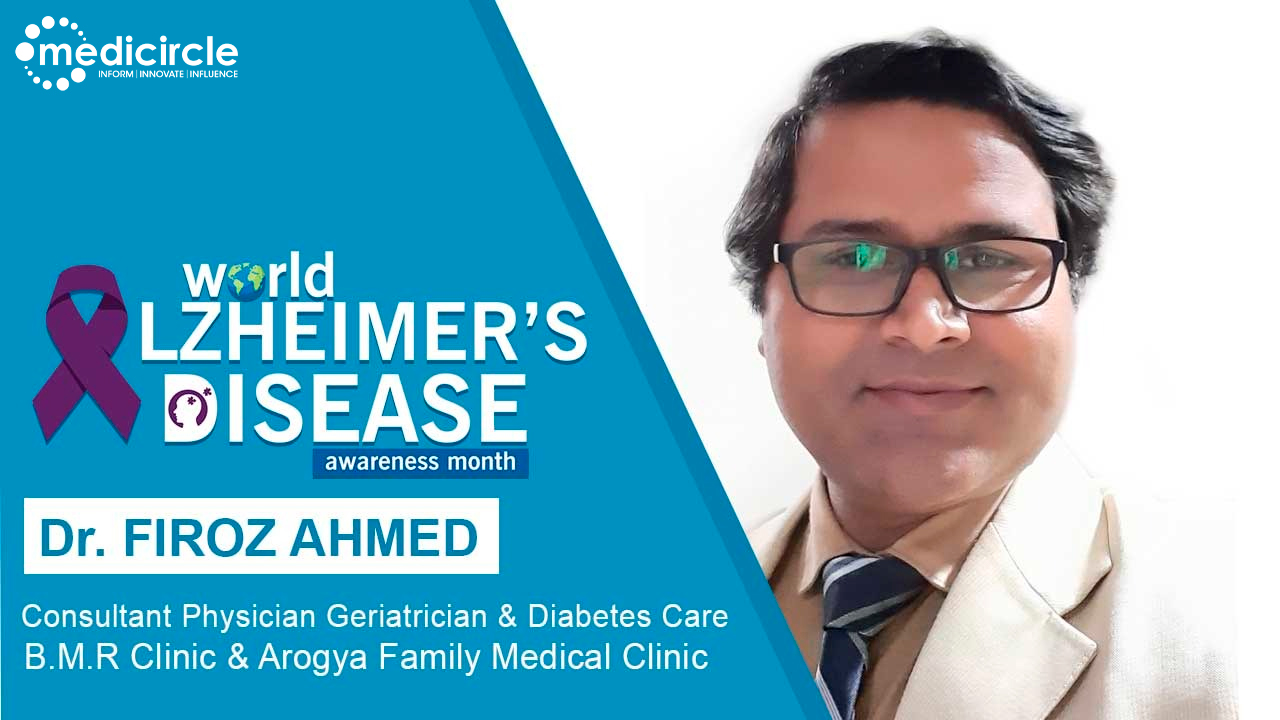Malayalam filmmaker Joseph Manu passed away at the age of 31. The director has recently completed his first directorial film ‘Nancy Rani’ and the film is in the post-production process. The filmmaker was diagnosed with pneumonia, after which he got admitted to the hospital. He was undergoing treatment for hepatitis. Let’s tell you more about the condition which took his life.
Hepatitis is inflammation of the liver. It is commonly the result of a viral infection. Hepatitis can be classified under five categories – A, B, C, D, and E.
The World Health Organization (WHO) estimates that 354 million people currently live with chronic hepatitis B and C globally.
Classification of hepatitis
Hepatitis A – It is due to Hepatitis A virus infection.
Hepatitis B – It is a chronic condition caused by the Hepatitis B virus.
Hepatitis C – It is mainly due to the Hepatitis C virus. It is common among bloodborne viral infections.
Hepatitis D – It is rare and is seen in patients who have Hepatitis B infection.
Hepatitis E – It is a waterborne disease and is mainly found in areas with poor sanitation.
Non-infectious hepatitis – Excess consumption of alcohol may lead to hepatitis. It may lead to permanent damage of the liver, thickening, and scarring of liver tissues, and even liver failure. Sometimes, our immune system mistakes the liver as externally harmful pathogens and attacks it. This condition is seen more commonly in women than in men.
Common symptoms of hepatitis
- Fatigue
- Flu-like symptoms
- Dark urine
- Pale stool
- Abdominal pain
- Loss of appetite
- Unexplained weight loss
- Signs of jaundice (yellow skin and eyes)
Prevention
- Vaccines for hepatitis A and B are available. Hepatitis A vaccine can be given to children in two doses from the age of 12 – 23 months. While the hepatitis B vaccine is to be given in the initial 6 months from birth. Hepatitis B can prevent hepatitis D. There are no vaccines for hepatitis C and E.
- Hepatitis viruses can transmit from person to person through contact with bodily fluids, water, and foods containing infectious agents. Practicing effective hygiene is one way to avoid contracting hepatitis A and E.
- The hepatitis B, C, and D viruses can transmit through contact with bodily fluids containing these infectious agents. You can reduce the risk by not sharing needles, not sharing razors, not using others’ toothbrushes, not touching spilled blood, and practicing safe sex.

 Malayalam filmmaker Joseph Manu passes away at the age of 31. The filmmaker was admitted to the hospital after being diagnosed with pneumonia. He died of hepatitis.
Malayalam filmmaker Joseph Manu passes away at the age of 31. The filmmaker was admitted to the hospital after being diagnosed with pneumonia. He died of hepatitis.




















.jpeg)



















.jpg)
.jpeg)